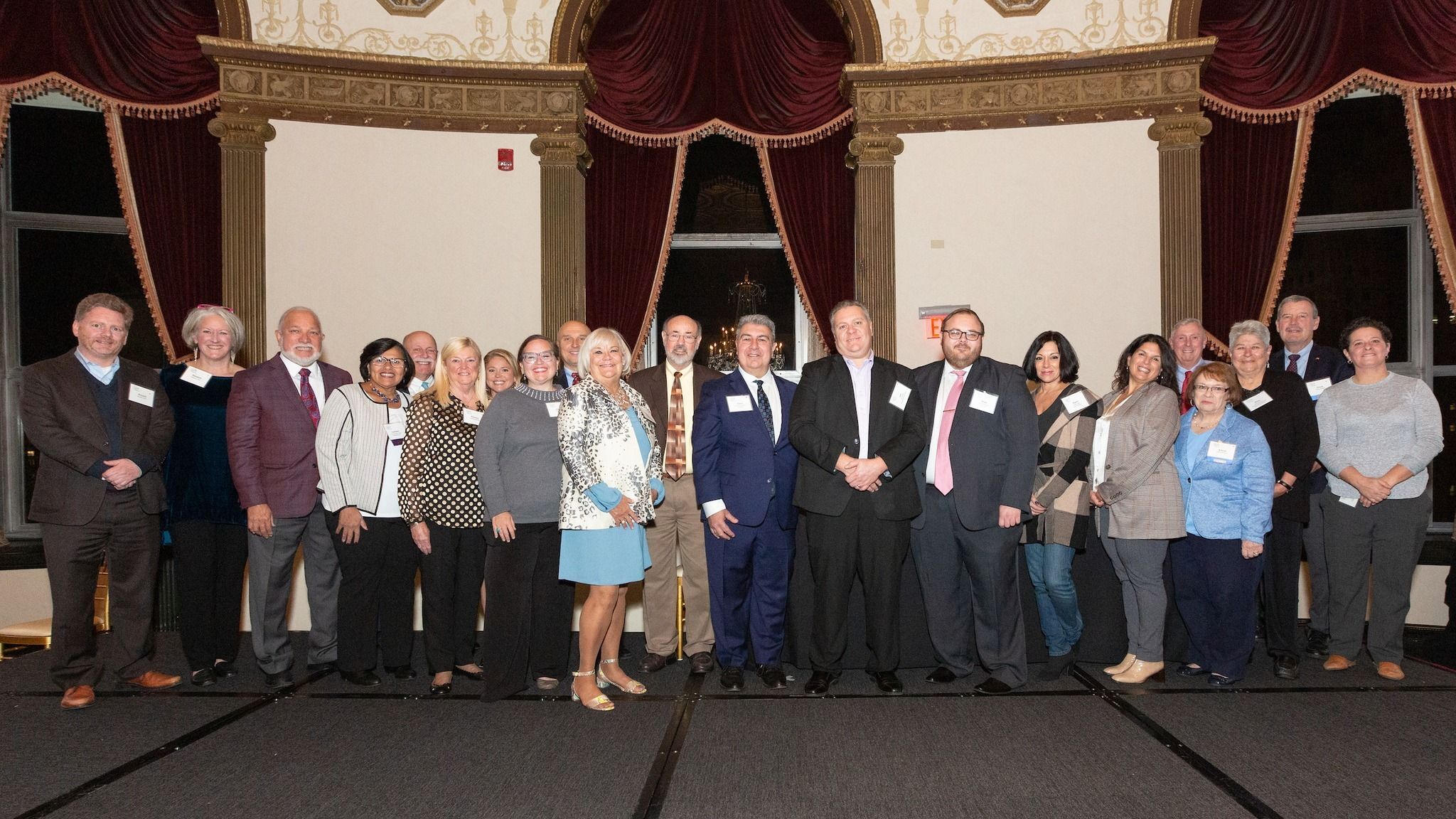Published November 20, 2022
Barbara Walsh and Earl Simson Honored as Audubon Philanthropic Partners of the Year
To support the acquisition of vital natural habitat in Rhode Island, Barbara Walsh and Earl Simson have generously donated $111,000 to Audubon, allowing the organization to strategically expand already protected areas and acquire other tracts of land for conservation. Ms. Walsh and Mr. Simson also generously offered a $25,000 challenge grant during the 401Gives campaign in April 2022, bringing Audubon an additional $50,000 that will be used to acquire valuable properties.
They have contributed to a broader understanding of the natural world through support of Audubon media campaigns, scientific research, and land acquisition. To lead by example, Ms. Walsh and Mr. Simson have also turned their yard in a quiet Warwick neighborhood into a pollinator sanctuary. They were honored for their ongoing support of Audubon and commitment to preserving wild places by being named Audubon’s Partners in Philanthropy for 2022.
If you are also interested in becoming a donor for land conservation, please contact Audubon Senior Director of Advancement Jeff Hall at (401) 949-5454 ext.3017.

Earl Simpson, Center (wearing brown), and Barbara Walsh were honored on National Philanthropy Day 2022.

















